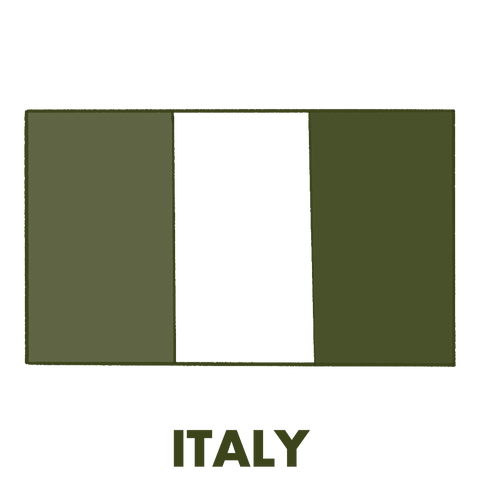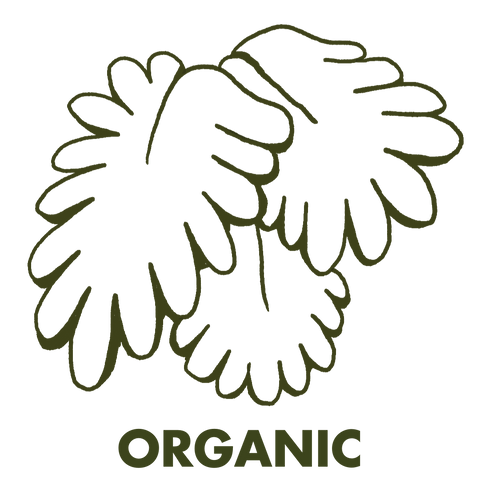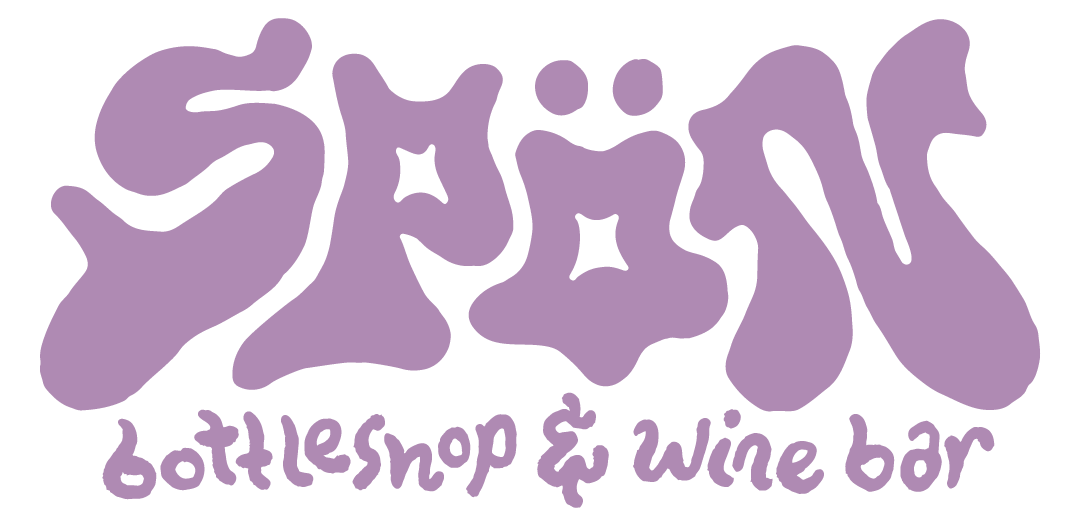
2022 Cantine Matrone Lacryma Christi Rosso





WINEMAKER: Andrea Matrone
REGION: Campania, IT
VARIETY: Piedirosso, Aglianico
VITICULTURE: Organic
Lacryma Christi Rosso is mainly produced from Piedirosso grapes, and the remaining percentage from Aglianico local varieties. Piedirosso is distributed over three vineyards located at 30 – 120 – 200 meters above sea level and Aglianico are grown exclusively at 30 meters above sea level. The harvesting period is established on the basis of the seasonal trend, in general trying to wait for a good phenolic ripeness so as to be able to carry out macerations of 10/14 days. Pumping over and punch downs are carried out with variable time. At the end of fermentation the wine is then aged for 12 months in inox and release after one year in bottle.
Cantine Matrone is located in Boscotrecase, in the heart of the Vesuvius National Park, facing the Gulf of Naples. Andrea Matrone, graduated in Agriculture with specialisation in Oenology in Florence. After gaining experience making wine in Australia, New Zealand, California, Sicily and Cilento, he decided to return to his origins, on the Vesuvius slopes, an area which has always been called "Territorio de' Matroni” - “Matrone’s land”. Here the Matrone family has been living since the eighteenth century. In 2014, together with his cousin Francesco, Andrea started working their grandfather's old vineyards, and gave life to the wine project he had always dreamed of: producing wines on Mt Vesuvius with great respect for territoriality and nature.
The vineyards, immersed in the wooded area of the Vesuvius National Park, are bush trained and all ungrafted, with a spectacular view of Capri and the Gulf of Naples. On about two hectares of vineyards, the production amounts to 10,000 bottles. Farming is in conversion to organic (it will be certified from 2024) using already only copper, sulphur and clay to protect the grapes. Legume- based green manure is the only used fertiliser. The vineyard yield is kept low to exalt the pleasing saltiness of the wines which comes from the presence of potassium in the volcanic soil. Fermentations are from pied de cuvée from native yeasts and all interventions in the cellar are kept to a minimum.
